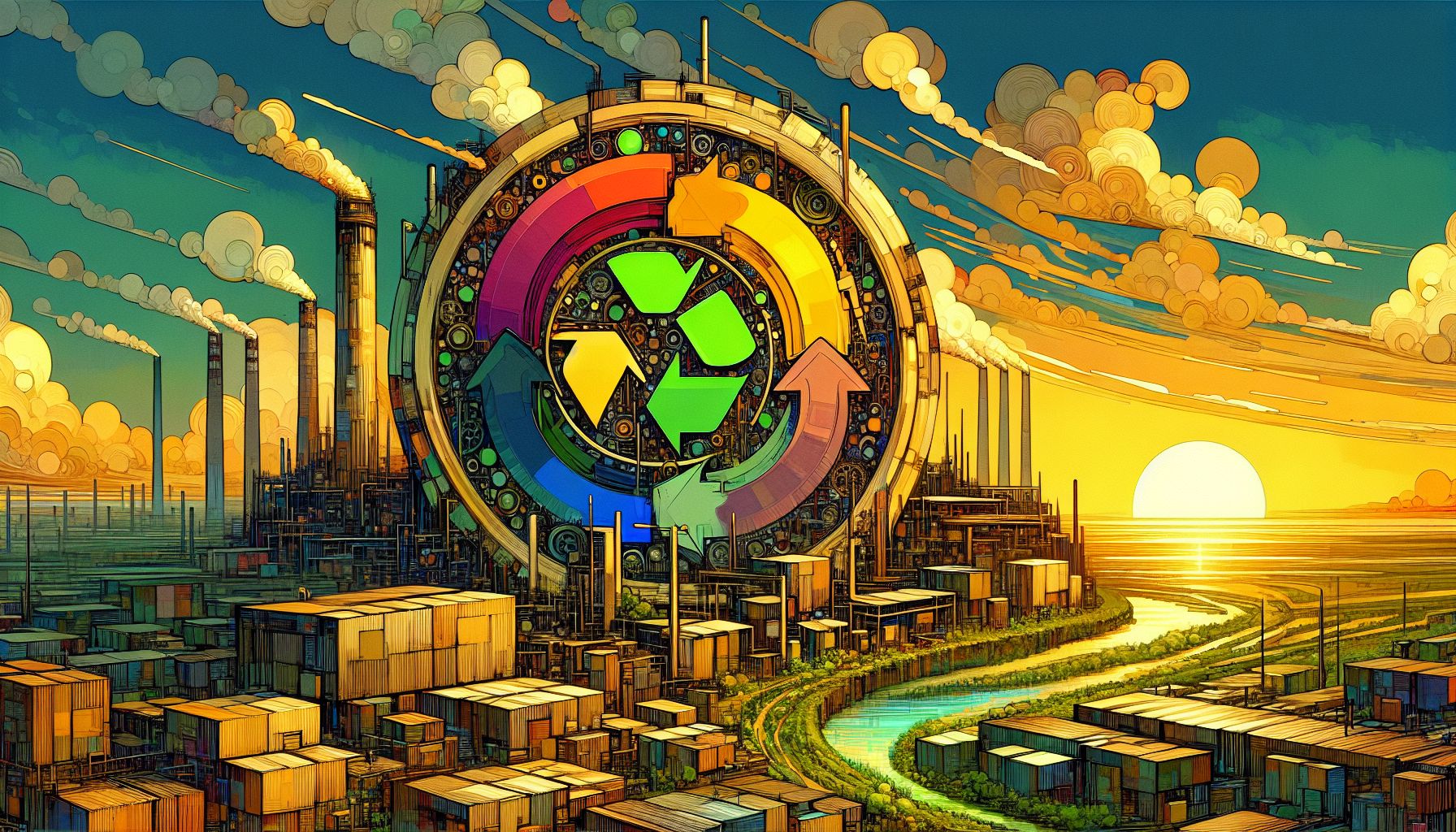Cyclic Materials Secures $53M to Boost Rare Earth Recycling

Unknown, Thursday, 26 September 2024.
Cyclic Materials raises $53 million in Series B funding to expand its rare earth element recycling infrastructure globally. The investment aims to create a circular supply chain for critical materials essential for tech and green energy industries, reducing reliance on new mining operations.
The Key Players and Their Contributions
This substantial funding round was led by ArcTern Ventures and saw participation from notable investors such as BDC Capital’s Climate Tech Fund, Hitachi Ventures, Zero Infinity Partners, Climate Investment, and Microsoft’s Climate Innovation Fund. These investments underscore the growing importance of sustainable resource management and the global shift towards a circular economy. Cyclic Materials’ CEO, Ahmad Ghahreman, emphasized the significance of this funding in advancing the company’s mission to economically and sustainably recycle end-of-life products into valuable raw materials.
Scaling Up Operations
The $53 million in Series B funding will be pivotal in scaling up Cyclic Materials’ operations. The company, based in Toronto, Canada, has already made significant strides in developing technologies that transform end-of-life products into essential materials for the clean energy transition. For instance, in 2023, Cyclic Materials commissioned a commercial demonstration facility to recover rare earth magnets from end-of-life materials using their proprietary Mag-Cycle™ process. This was followed by the opening of a second commercial demonstration facility in Kingston, Ontario in 2024, where Mixed Rare Earth Oxide is produced using their REEPure™ technology.
A Solution to Critical Material Shortages
Rare earth elements (REEs) are critical to the production of various high-tech and green energy products, including electric vehicles, wind turbines, and electronic devices. The Pentagon’s heavy reliance on rare earth materials highlights the strategic importance of developing a robust domestic supply chain. According to a report by the Government Accountability Office (GAO), over 95% of the rare earths consumed in the U.S. are imported, primarily from China. This dependency poses significant risks to the supply chain, particularly for defense applications. By focusing on recycling, Cyclic Materials aims to reduce this dependency and contribute to a more secure and sustainable supply chain.
Environmental and Economic Impact
The environmental benefits of Cyclic Materials’ recycling initiatives are substantial. By recovering rare earth elements from end-of-life products, the company helps reduce the environmental impact associated with mining. Traditional mining operations for rare earths are often linked to significant ecological damage, including habitat destruction and water pollution. Moreover, the economic implications are equally promising. Recycled rare earth elements can be reintroduced into the supply chain at a lower cost compared to mined materials, making green technologies more affordable and accelerating their adoption.
Future Prospects and Industry Implications
The successful Series B funding round places Cyclic Materials in a strong position to expand its operations globally. The company’s innovative technologies and strategic partnerships are expected to play a crucial role in addressing the growing demand for rare earth elements in various industries. As the world continues to transition towards a more electrified and environmentally responsible future, the importance of sustainable resource management cannot be overstated. Cyclic Materials’ efforts to create a circular supply chain for critical materials not only support green innovation but also pave the way for a more sustainable and resilient economy.

